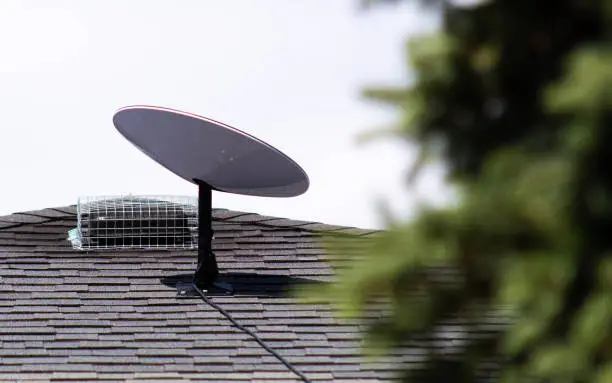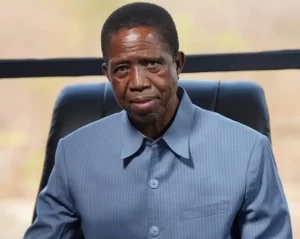South Africa denies watering down Black ownership rules for Musk’s Starlink
3 min read
Communications Minister Solly Malatsi insists policy changes were not designed to favour Elon Musk’s Starlink despite criticism and political timing.
South Africa’s government has denied accusations that it is watering down its Black ownership laws to accommodate Elon Musk’s Starlink. Communications Minister Solly Malatsi on Tuesday pushed back against claims that recent policy changes were meant to benefit Starlink or influenced by President Cyril Ramaphosa’s meeting with Donald Trump.
South African law currently requires foreign-owned telecom firms to cede at least 30% of equity in local subsidiaries to historically disadvantaged groups. The rule is a cornerstone of the country’s Black Economic Empowerment (BEE) framework, designed to undo decades of apartheid-era exclusion.
Starlink, a satellite internet provider owned by South African-born billionaire Elon Musk, has criticized the rule, claiming it blocks them from entering the market. Musk has previously said he is unable to obtain a licence in South Africa because he is White, though officials insist Starlink has never submitted a formal application.
Policy Shift Sparks Controversy
Last week, Minister Malatsi published a draft policy amendment that would allow companies like Starlink to bypass the 30% ownership rule—but only if they commit to making equity-equivalent investments in digital infrastructure, such as broadband development.
The timing of the amendment raised eyebrows. It came just one day after Ramaphosa’s controversial visit to the White House, where he met with former U.S. President Donald Trump, sparking speculation that diplomatic or commercial pressure may have played a role.
Critics accused the government of compromising its empowerment policies to appease Musk or American interests. But speaking before Parliament on Tuesday, Malatsi strongly denied the policy was tailored to benefit Starlink.
“No Special Treatment for Starlink”
“There is no conspiracy on our part with regard to this policy direction,” Malatsi told lawmakers in Cape Town. “We are not attempting to open a special dispensation for Starlink or any other company or individual.”
According to the minister, work on the new guidelines began as far back as September, long before Ramaphosa’s U.S. trip. He said the aim of the amendment is to promote market competition and encourage foreign investment, especially in underserved rural areas.
“The goal is to attract more players to the South African communications space,” Malatsi said, adding that Starlink was not the only company facing barriers to entry under the existing BEE policy.
Parliament Pushes Back
Members of Parliament challenged Malatsi on whether the amendment weakens the country’s empowerment goals, particularly in favour of wealthy foreign entities. Some lawmakers questioned if the move sends the wrong signal to local businesses that have complied with BEE rules for decades.
Malatsi responded that the proposed policy is still under review, and stakeholders—including the public—have 30 days to submit their comments and recommendations before the framework is finalized.
He emphasized that any investment offered in place of equity would need to be tangible and impactful, such as expanding internet coverage or improving network infrastructure in poor communities.
A Broader Debate
The Starlink case has reignited broader debates in South Africa about how best to balance economic transformation with global competitiveness. While BEE has made significant strides in expanding opportunities for previously marginalized groups, critics say its rigid application can sometimes discourage foreign direct investment.
Meanwhile, Musk remains outspoken about the policy. He has argued that South Africa’s equity rules are discriminatory, though he has not directly addressed the proposed policy amendment.
Industry experts say the changes could open the door not only for Starlink but also for other international tech firms looking to expand into South Africa’s fast-growing telecoms market. However, the challenge will be maintaining South Africa’s commitment to racial equity while adapting to a rapidly changing global economy.





